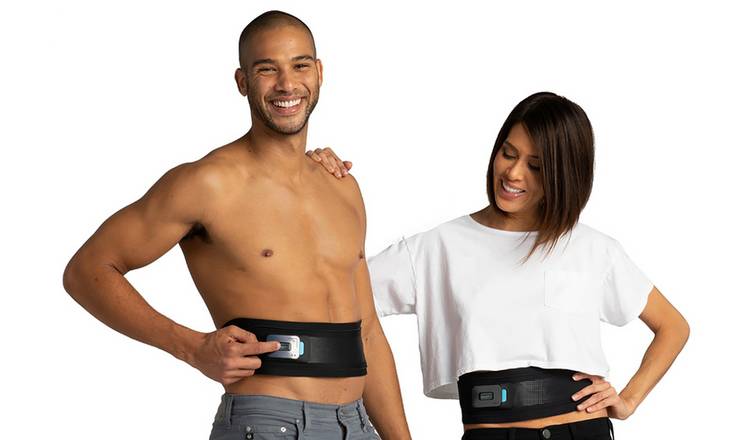Beechbrook Capital specialises in providing SMEs with loans of between €2 million and €6 million. Based in Britain, it has advanced finance to 65 businesses since being established in 2008. It has been active in the continent also, operating from an office in Frankfurt. In early 2019, it decided to enter the Irish market through a bespoke €35 million Irish SME Fund. It teamed up Ireland Strategic Investment Fund (ISIF) and the Finnish private credit manager Certior, each of which committed €16 million. According to its criteria, it is willing to back companies with a turnover of between €3 million…
Cancel at any time. Are you already a member? Log in here.
Want to read the full story?
Unlock this article – and everything else on The Currency – with an annual membership and receive a free Samsonite Upscape suitcase, retailing at €235, delivered to your door.

